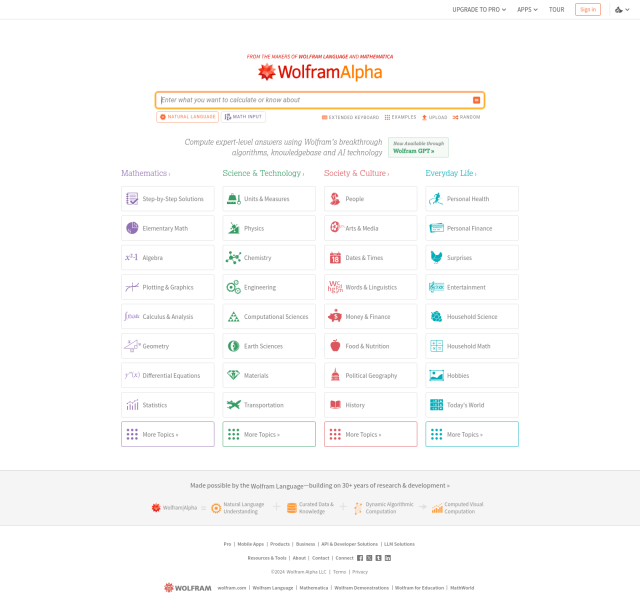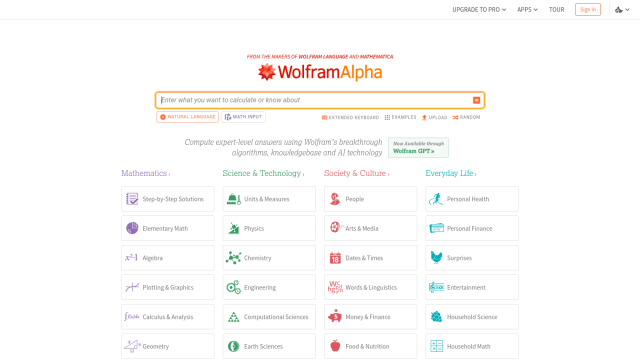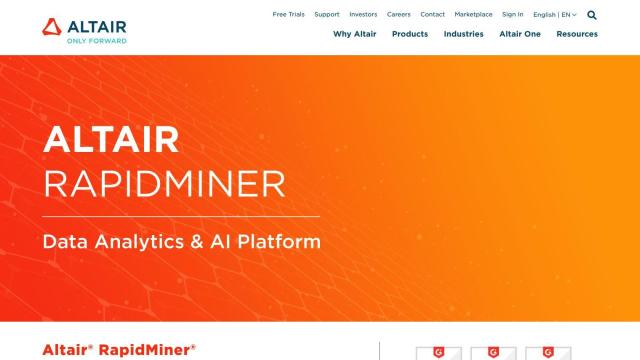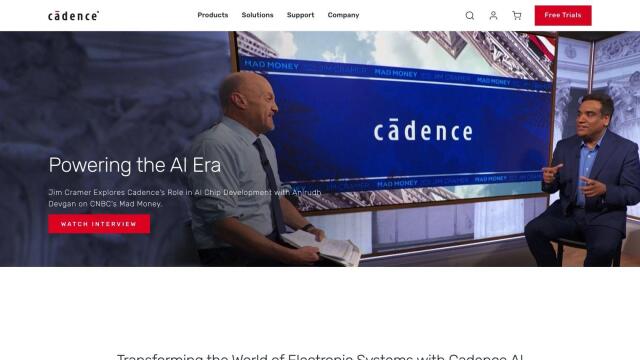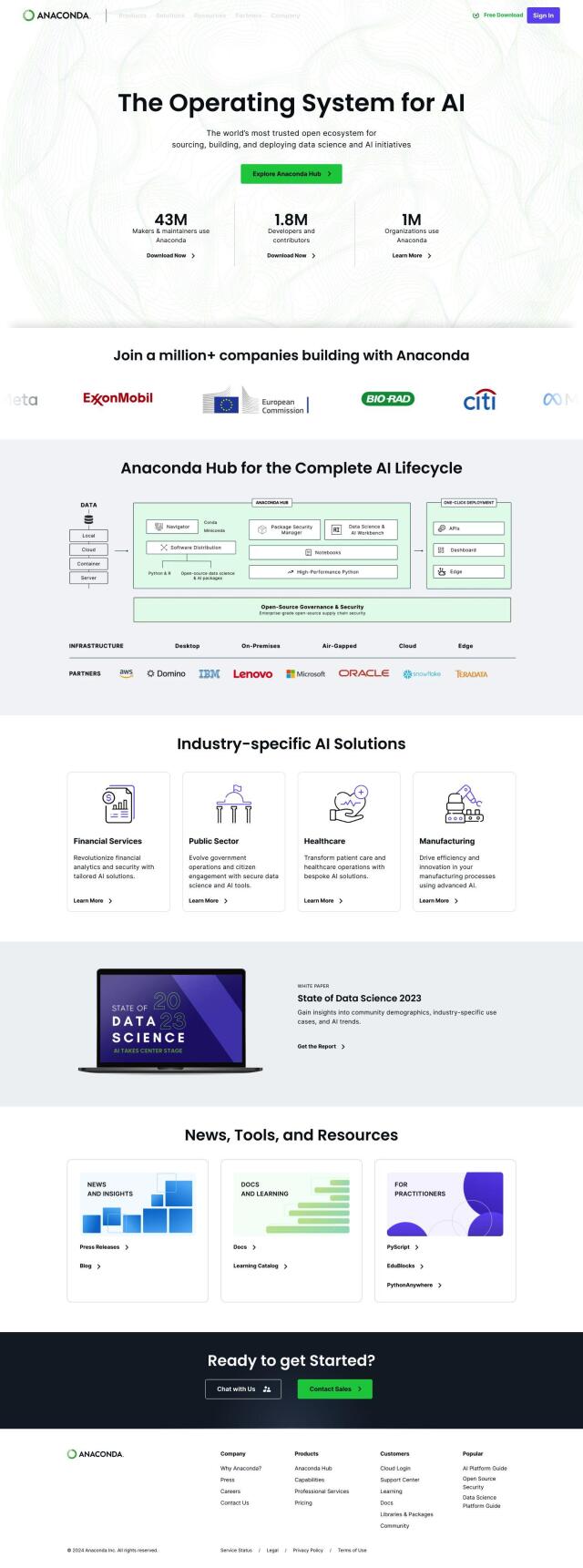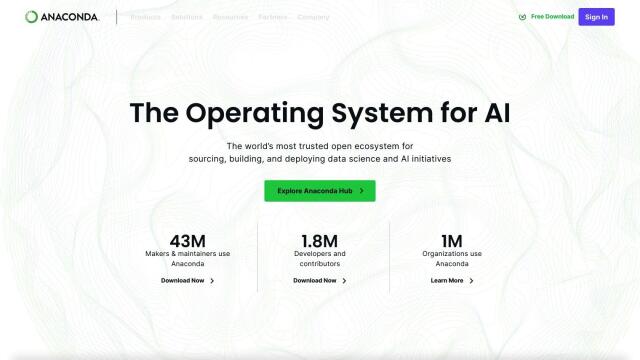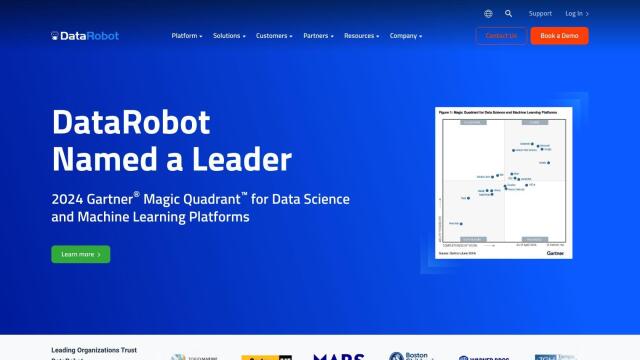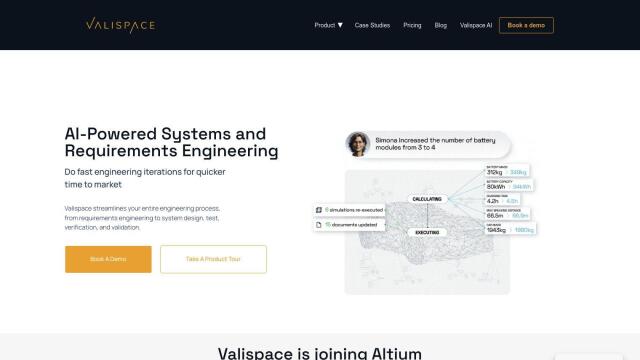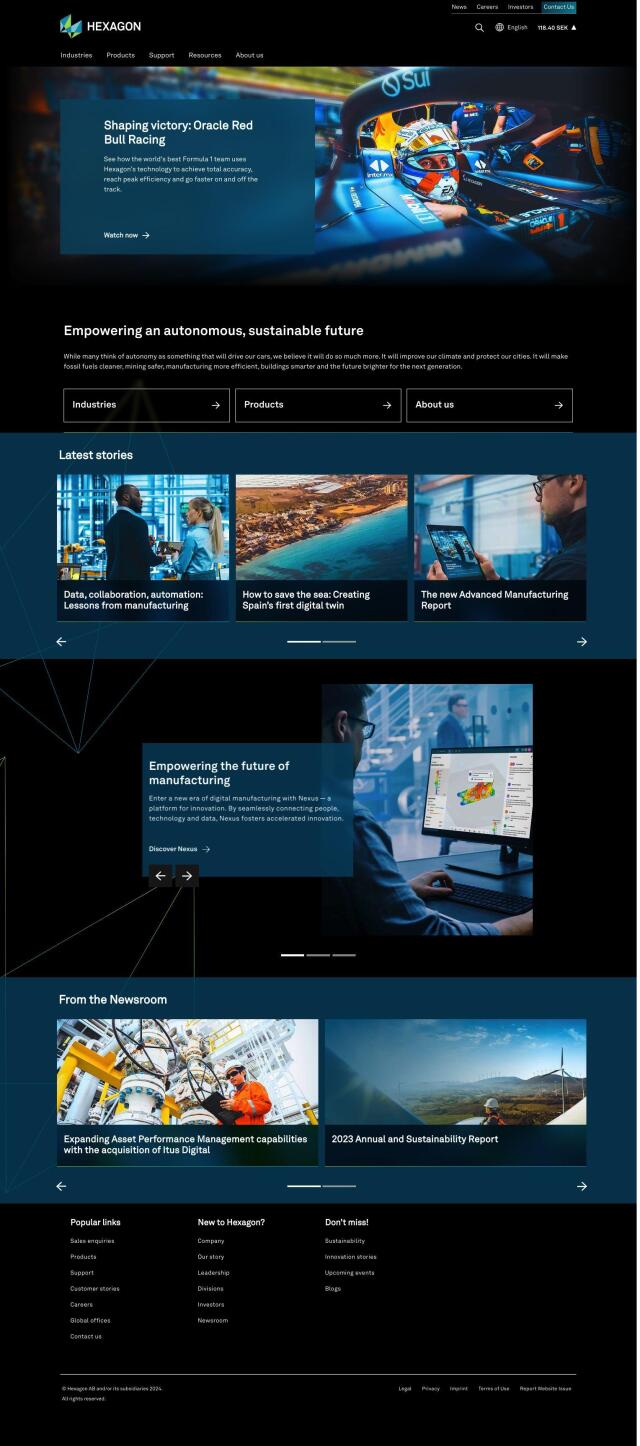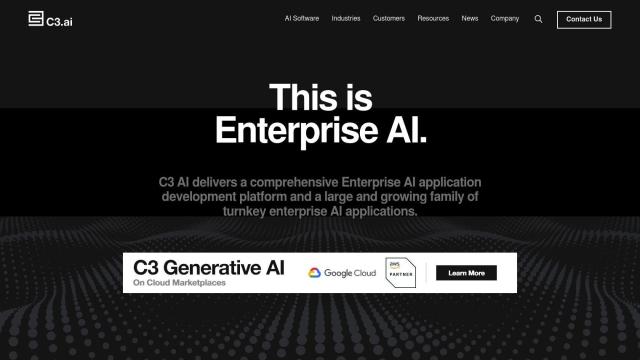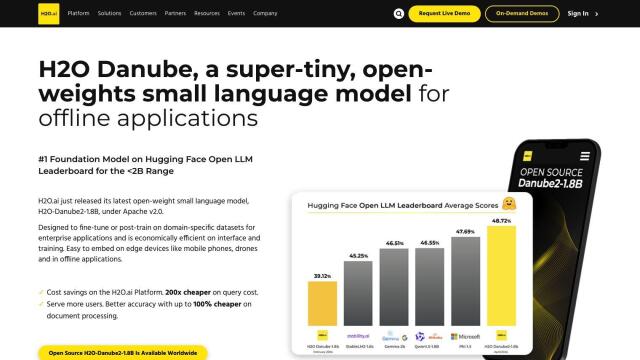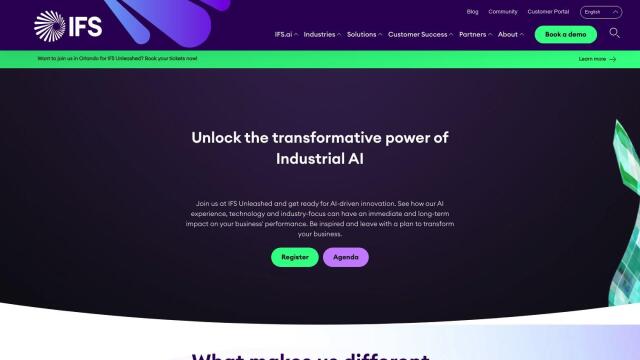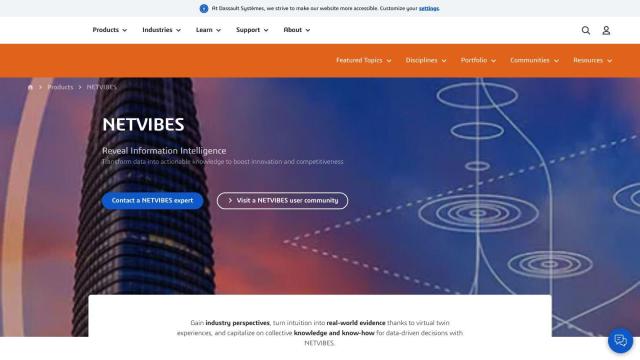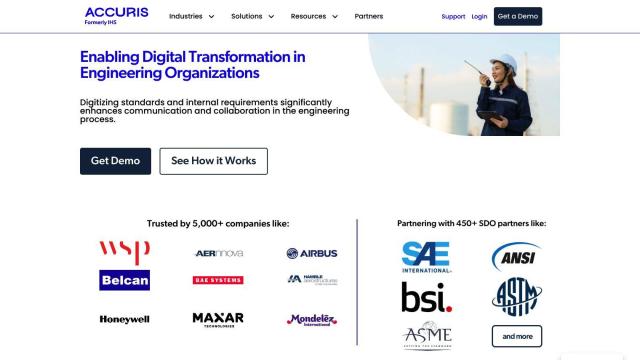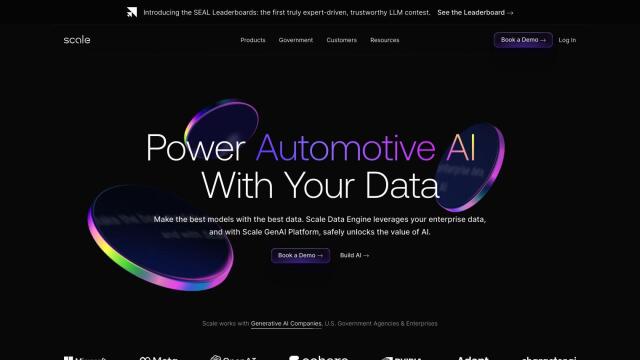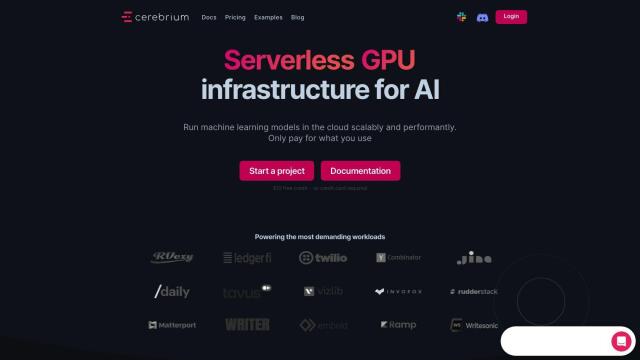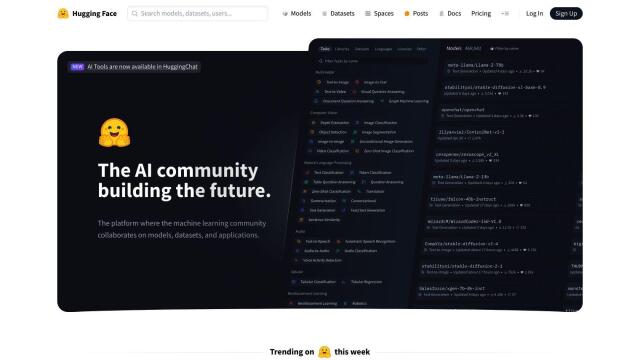Question: I'm looking for a solution that enables fast physics predictions and model reduction for complex engineering problems.

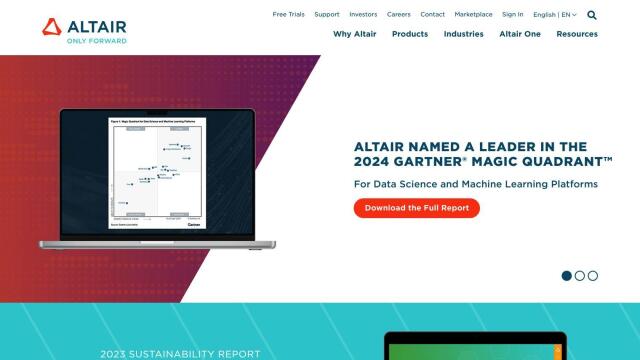
Altair
If you're looking for a tool that offers fast physics predictions and model reduction for complex engineering problems, Altair is a good choice. The company's simulation, high-performance computing, data analytics and artificial intelligence tools are designed to accelerate innovation and improve decision making. Altair's tools, including AI-powered simulation, physics-based predictions and reduced computational complexity, are geared for industries like automotive, aerospace and heavy equipment.
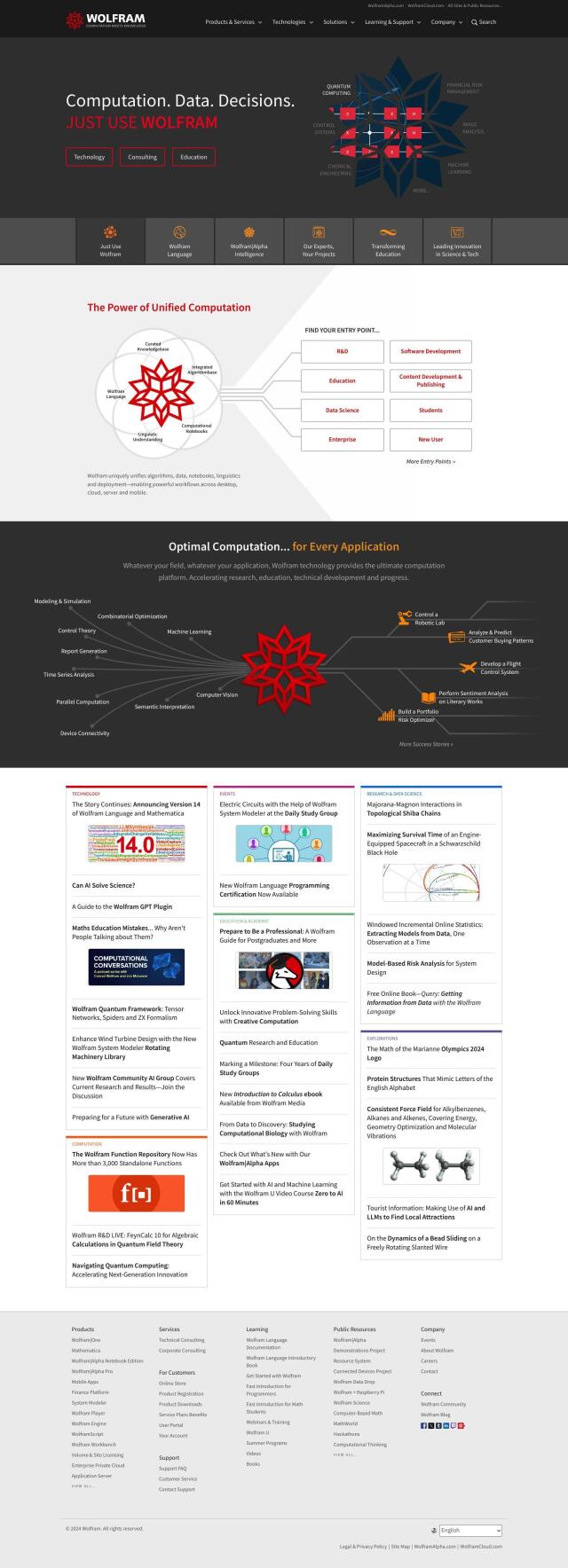
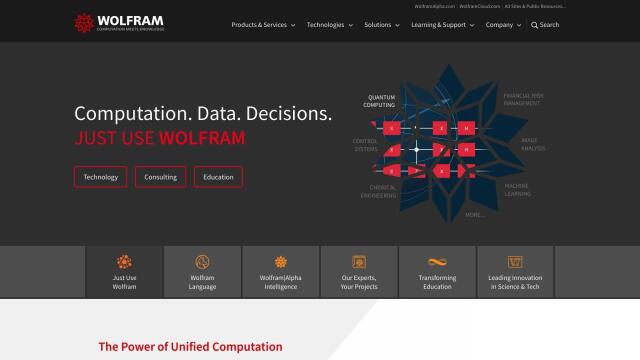
Wolfram
Another good choice is Wolfram, a unified computation platform that can accommodate powerful workflows in many areas. It includes tools like the Wolfram Language, Mathematica and Wolfram|Alpha Notebook Edition that can handle technical computing tasks like scientific modeling and digital twins. Wolfram's tools are well suited for people who need a broad toolset to handle complex engineering challenges.

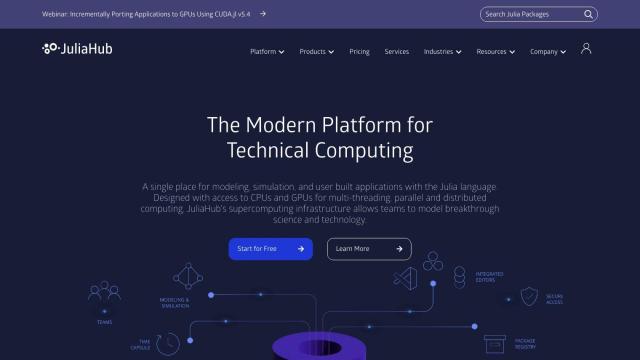
JuliaHub
If you like the Julia language, JuliaHub offers higher-level modeling, simulation and collaboration tools. It offers real-time collaborative coding, high-performance computing and integration with tools like JuliaSim and Cedar-EDA, so it's a good choice for teams working on scientific modeling and digital twins.

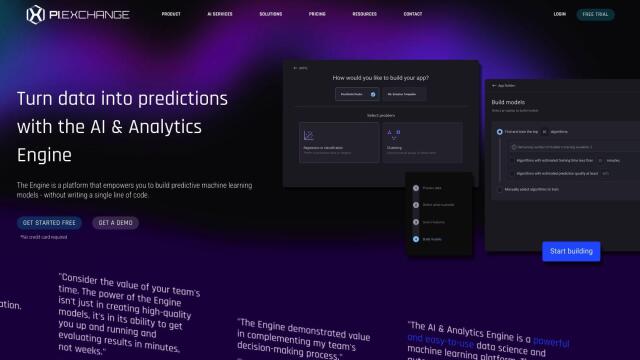
PI.EXCHANGE
Last, PI.EXCHANGE offers a no-code platform for building predictive machine learning models, which can be useful for reducing the complexity of model development and deployment. Its end-to-end ML pipeline includes data preparation, model development and deployment within a collaborative environment, and it can handle a range of machine learning problem types and use cases across many industries.
